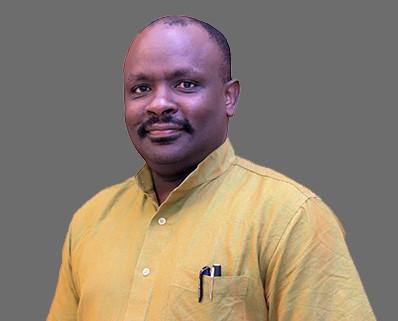×
The Standard e-Paper
Fearless, Trusted News
The Competency Based Curriculum has a great potential to develop skills for innovation at a tender age, TONNY OMWANSA, the CEO of Kenya National Innovation Agency, tells SILAS NYAMWEYA. 
Briefly tell us your background and achievements as Kenya National Innovation Agency (KeNIA) so far...